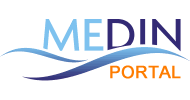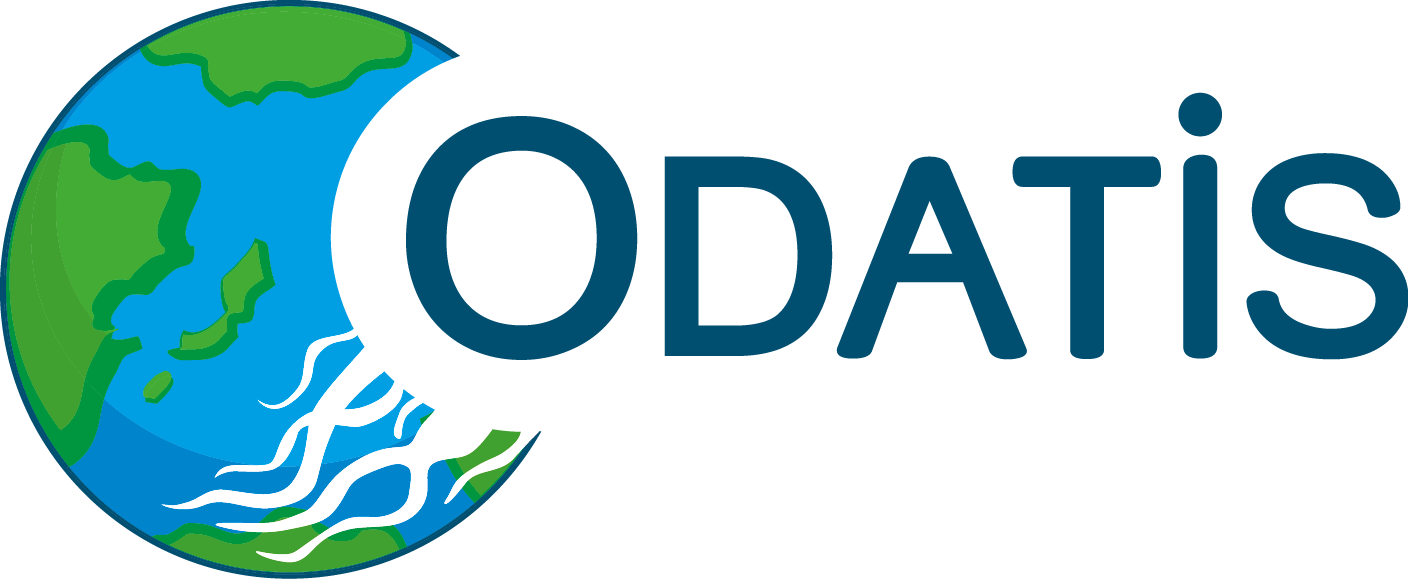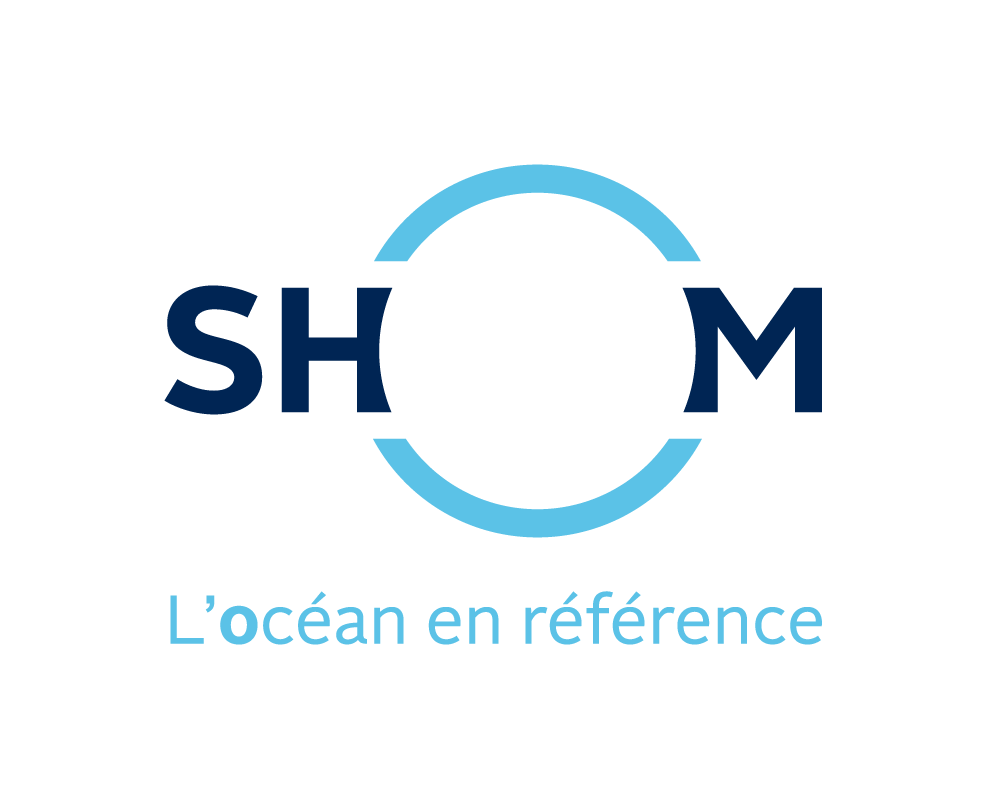Database
Type of resources
Available actions
Topics
INSPIRE themes
Keywords
Contact for the resource
Provided by
Years
Representation types
status
-

The Marine Environmental Data and Information Network (MEDIN) is a partnership of UK organisations committed to improving access to UK marine data. MEDIN is open to all with an interest in marine data and information. We are sponsored by a consortium of 15 sponsors and partnered with over 50 organisations. MEDIN Sponsors include a range of UK marine organisations who support MEDIN’s principles and lead the UK in marine data management. To officially join the network and become a MEDIN Sponsor, please email MEDIN stating your interest at enquiries@medin.org.uk. Our partners represent government departments and agencies, research organisations and private companies and have committed to practise good data management to help future-proof and secure UK’s valuable marine data. MEDIN reports to the Marine Science Coordination Committee. The MEDIN portal contains information about 15,000 marine datasets. The United Kingdom Directory of Marine Observing Systems (UKDMOS), is a unique internet-based searchable database of marine monitoring conducted by UK organisations. Aiming to fulfil the basic requirement to know where, when and what is being monitored in the marine environment around the UK and provide information to help coordinate monitoring across different organisations, UKDMOS is a tool for searching monitoring programmes and series based on information such as the parameters measured or the frequency of measurements taken. UKDMOS is managed and updated by the Marine Environmental Data and Information Network (MEDIN).
-

The Western Channel Observatory (WCO) is an oceanographic time-series and marine biodiversity reference site in the Western English Channel. In situ measurements are undertaken weekly at coastal station L4 and fortnightly at open shelf station E1 using the research vessels of the Plymouth Marine Laboratory and the Marine Biological Association. These measurements are complemented by PML's recognised excellence in ecosystem modelling and satellite remote sensing science. By integrating these different observational disciplines we can begin to disentangle the complexity of the marine ecosystem. The WCO measures several key parameters important to the functioning of the marine ecosystem such as light, temperature, salinity and nutrients. Station L4 has some of the longest time-series in the world for zooplankton and phytoplankton, and fish trawls have been made by the MBA for a century. Station E1 has a hydrographic series dating from 1903. These long series are complemented by hourly measurements made at our moorings situated at both stations. These can elucidate changes not captured by the routine weekly sampling.
-

The Department of Forestry, Fisheries and the Environment (DFFE) has initiated the development of the Marine Information Management System (MIMS). MIMS is tasked with the long-term preservation of South Africa’s ocean and coastal data. It provides the primary access to all data collected by the Oceans and Coasts Chief Directorate while also acting as a trusted broker of scientific marine data for a wide range of South African institutions. - MIMS operates on the Findable, Accessible, Interoperable, and Reusable (FAIR) data principles, and strives to adhere to the Open Archival Information System (OAIS) Reference Model with the aim of maximising ocean data exchange and use while respecting the conditions stipulated by the Data Provider. - MIMS is a component of the national Oceans and Coastal Information Management System (OCIMS) and manages the Southern African Data Centre for Oceanography (SADCO). - MIMS has been developed by the South African Environmental Observation Network (SAEON) under the leadership of the Chief Directorate: Oceans and Coastal Research Branch of DEFF, South Africa.
-

The ODATIS Ocean Cluster (Ocean Data Information and Services) is the entry point to access all the French Ocean observation data. Its aim is to promote and facilitate the use of Ocean observations sampled by way of in situ and remote sensing measurements. ODATIS contributes to describing, quantifying and understanding the ocean as a whole — offshore and coastal.
-

MAREANO maps depth and topography, sediment composition, biodiversity, habitats and biotopes, and pollution in the seabed in Norwegian coastal and offshore regions. MAREANO is coordinated by the Institute of Marine Research, in collaboration with the Geological Survey of Norway and the Norwegian Hydrographic Service. The Programme is financed by the Ministry of Fisheries and Coastal Affairs, the Ministry of Environment and the Ministry of Trade and Industry, via contributions from the National Budget. The Programme aims to provide answers to questions such as: - How is the seascape of the Norwegian continental shelf? - What does the seabed consist of? - How is the biodiversity distributed on the seabed? - How are habitats and biotopes distributed on the seabed? - What is the relationship between the physical environment, biodiversity and biological resources? - How much contaminants are stored in the bottom sediments? The Institute of Marine Research, the Geological Survey of Norway and the Norwegian Mapping Authority comprise the Executive Group which is responsible for carrying out the MAREANO field sampling and other scientific activities. The Programme Group, led by the Norwegian Environment Agency, has the executive responsibility for the MAREANO activities.
-

Explore global fisheries and aquaculture. Understand their status and how impacts are being managed. Learn what improvements are underway, and see what actions seafood stakeholders can take to drive sustainability. FishSource is a publicly available online resource about the status of fisheries, fish stocks, and aquaculture. FishSource compiles and summarizes publicly available scientific and technical information and presents it in an easily interpretable form. FishSource was created in 2007 by Sustainable Fisheries Partnership to provide major seafood buyers with up-to-date, impartial, and actionable information on the sustainability of fisheries and the improvements they need to make to become more sustainable. In 2018, information on aquaculture sources was added to the database to provide FishSource users with a more robust tool that covers all types of seafood production. Although the primary intended audience of FishSource is seafood businesses, other audiences - such as academics, researchers, and non-profit organizations - have also become frequent and welcomed users of FishSource. The information on FishSource is primarily developed and updated by a small team of in-house analysts, but their capacity is recognizably insufficient to maintain complete coverage of all global fisheries. As such, profiles may be incomplete or information may be out of date. The seafood industry and external contributors are invited to help fill any gaps that they consider priorities through our Rapid Assessment Program. FishSource always welcome comments on any of our profiles and encourage an open debate on the sources of information used and our interpretation of the data. Our objective is to use only publicly available sources and fully credit those sources, effectively acting as an inventory of information sources on fisheries and aquaculture.
-
Accredited through the MEDIN partnership, and core-funded by the Department for the Environment, Food and Rural Affairs (Defra) and the Scottish Government, DASSH provides tools and services for the long-term curation, management and publication of marine species and habitats data, within the UK and internationally. Below are a selection of projects, outputs and deliverables that DASSH and the MBA Data Team have been involved in recently. - NE Data Management: DASSH have been contracted by the Marine team at Natural England (NE) to support NE data dissemination. We have been digitising datasets used in Article 17 reporting and helping them input data to Marine Recorder and MEDIN guidelines. In addition, DASSH is running a 2-day workshop with the marine data team in October 2014 on data management and standards. The aims of the workshop are to present MEDIN data guidelines and standards and to run practicals on quality assurance (QA) issues with data, creating MEDIN formatted data, and creation of MEDIN metadata. - MCZ Data Archiving: DASSH staff have been working with Defra, JNCC, Natural England, Cefas and the other MEDIN DAC's in the development and implementation of a strategy for the archiving and dissemination of MCZ survey data. This involves the archives of many terrabytes of data from the survey work undertaken at 127 sites. DASSH is currently working with the other DACs archiving the data from several MCZ sites before taking delivery of the complete survey catalogue. - Non-Natives Data Management: DASSH staff work with other members of the KE team to help deliver the MBA contribution to the GB Non-native Species Information Portal. The data team ensure the validation of records submitted and raise alerts when records of Invasive Non-Native Species of concern and in disseminating information about species distribution via DASSH and the NBN. DASSH staff continue to liaise with organisations to ensure the prompt flow of marine non-native species distribution data to the public domain. The KE team facilitated the identification of two new marine invasive non-native species in 2014 and have subsequently created the identification sheet for these species. Hemigrapsus sanguineus (from volunteer records sent in for identification) and Hemigrapsus takanoi (first recorded by the John Bishop Group survey team). - EMODNet Biology: The Data Team are part of a consortium led by the Flanders Marine Institute (VLIZ) for the biological data component of EMODNet (European Marine Observation and Data Network). The Data Team will lead a work package relating to biological traits and indicator species as identified for Marine Strategy Framework Directive (MSFD) reporting, bringing an additional €130k of funding. - VALMER: The Data Team led a key work package in a £3.7 million (ca. €260k for the MBA) INTERREG project to "Develop, trial and refine methodologies that will be used to quantify and communicate the value (economical, social and environmental) of marine and coastal ecosystem services". The research identified an operational framework to value marine ecosystem services, and which could be used to enhance marine planning and policy decisions.
-

The Department of Environment, Forestry and Fisheries (DEFF) and the Department of Science and Innovation (DSI) have initiated the development of the National Oceans and Coastal Information Management System (OCIMS) for South Africa – referred to as the OCIMS project. The OCIMS project forms part of the Operation Phakisa Marine Protection Services and Oceans Governance workstream Initiative 6: “National Ocean and Coastal Information System and Extending Earth Observation Capability” action plan that is endorsed by Cabinet. Operation Phakisa focuses on unlocking the economic potential of South Africa’s oceans. OCIMS will support a variety of oceans and coastal initiatives by providing information and decision support to key stakeholders for the day-to-day management of South Africa’s oceans and coasts. The project outcomes will be achieved through the development of an Information Management System (IMS) that will integrate current and future oceans and coastal systems, information and expertise into a user-friendly and cost-effective IMS for the benefit of relevant stakeholders. In June 2015, the Council for Science and Industrial Research (CSIR) was nominated by DEFF as a service provider to facilitate the implementation of the project and to co-develop OCIMS. OCIMS project vision: Develop a locally relevant and globally cognisant technological solution that supports the ecological conservation and economic potential of South Africa’s oceans and coasts through information and decision-support for effective governance.
-

Infield Systems, now part of Wood Mackenzie (for the full news story please follow this link), is an energy research and analysis firm that is dedicated to the provision of accurate and up-to-date information, databases, research, market forecasts, mapping, commercial market due-diligence, transaction support, business strategy, analysis and intelligence to the global offshore oil, gas, renewable energy and associated marine industries. Over the past 25 years Infield Systems has developed an extensive range of products and services to assist industry professionals, analysts and investors with their business and investment decisions. Within its core markets, Infield Systems has become widely acknowledged as one of the definitive resources of information, research and analysis. Infield Systems services clients from a wide range of organisations including exploration and production companies, service suppliers, offshore contractors, manufacturers, government agencies, financial institutions and investors. In addition Infield provides information, analysis and commentary for the energy trade press and at industry conferences through presentation of papers and keynote speeches. Products and services are broadly divided into the following key areas: - Data Services - Research - Business Strategy & Analysis - Transaction Services
-

MarSP project intends to reinforce the Maritime Spatial Planning (MSP) processes in the three EU Macaronesian Archipelagos - Azores, Madeira and Canary Islands. MarSP aims to assists the competent authorities of Portugal (Azores and Madeira) and Spain (Canary Islands) on promoting the development of operative mechanisms of Maritime Spatial Planning (MSP) until 2021. Aligned with the European MSP Directive 2014/89/EU and EASME call for MSP Cross-Border cooperation for outermost regions, MarSP will focus in the cooperation of the three regions of Macaronesia (Azores, Madeira and the Canary Islands) to ensure a coherent and coordinated MSP process, taking into account the transnational issues. These three regions of the Macaronesia have been developing their own planning processes according to the Directive 2014/89/EU, national legislation and governance frameworks, which are remarkably different. Currently, each archipelago is in distinct stages of development of MSP implementation. For this reason, a complete homogenization of the approaches for the three regions is not possible and neither desirable. On the other hand, this discrepancy may represent a strong point in this project, since facing distinct MSP processes, designed to deal with similar problems, due to the same geographic context, but at distinct stages of development, will certainly bring a testing dimension to the project that is not negligible.
 Metadata catalogue
Metadata catalogue